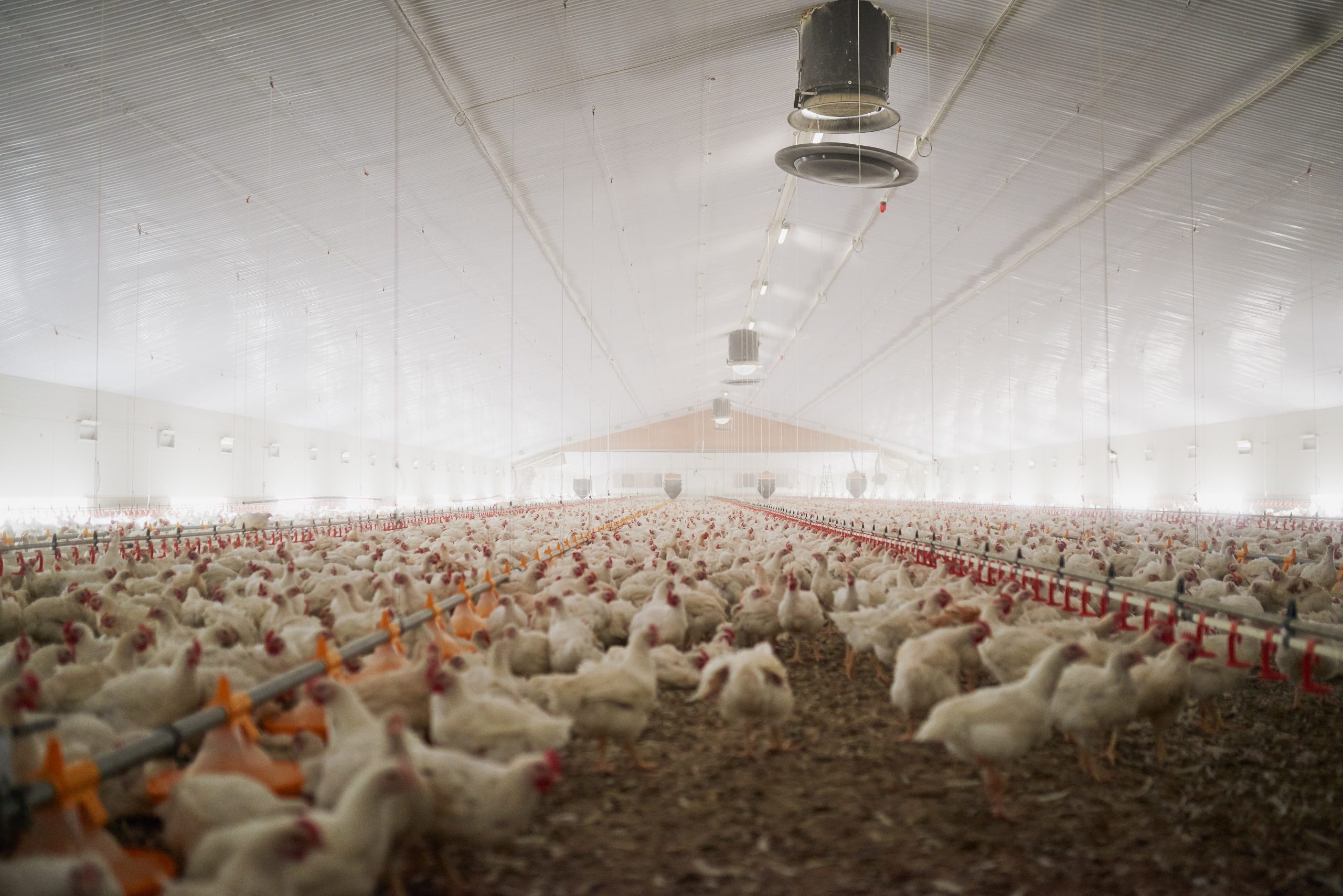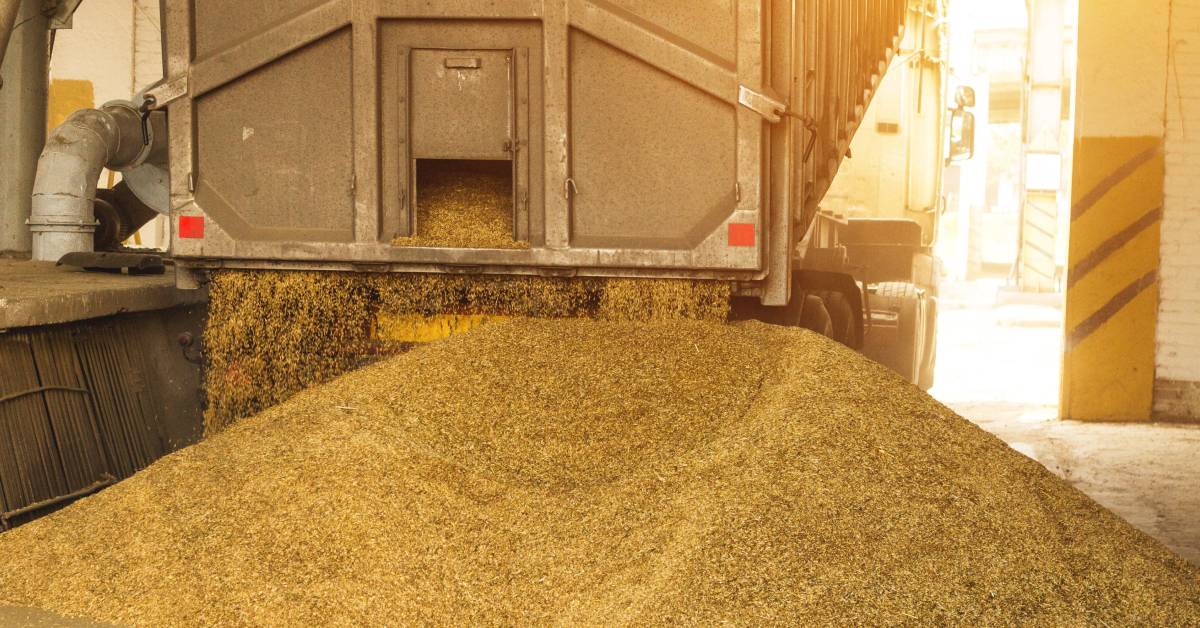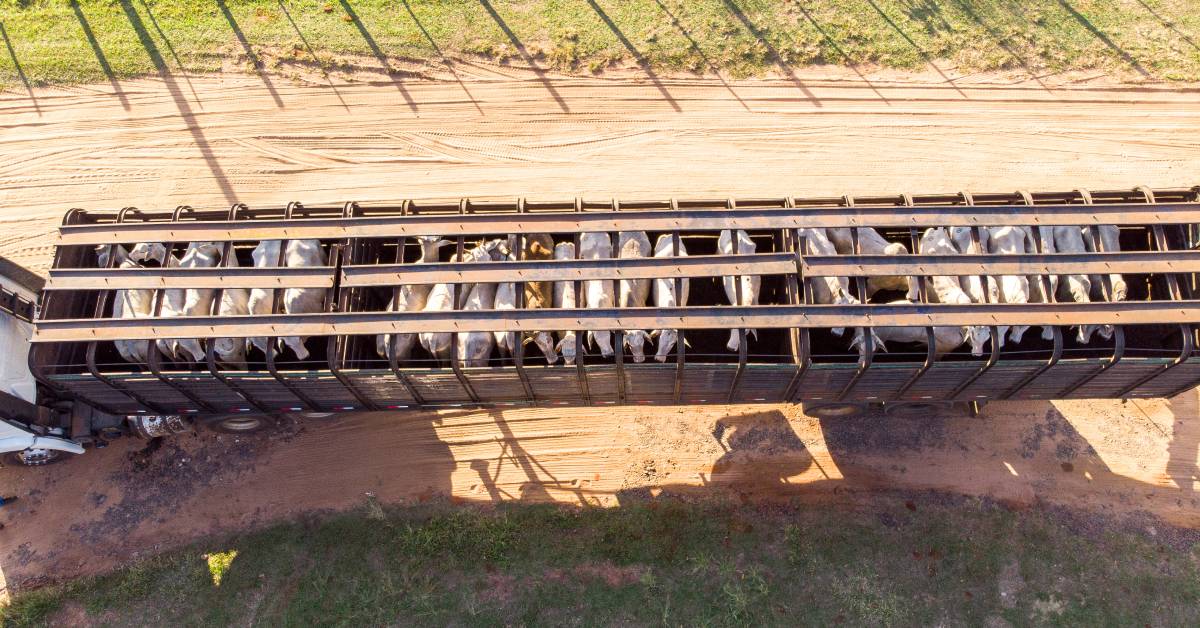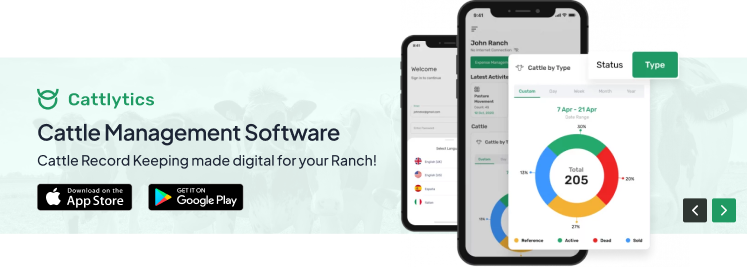Sustainable Chicken Farming
Sustainability refers to maintaining a healthy environment alongside a healthy business and contribute to an environment that our wellbeing and health depends upon. Overall, it works for the business, the chickens, the people and the planet as a whole.
Chicken farming refers to the act of breeding healthy chickens on a farm with the intention of using their meat and eggs for selling purposes.
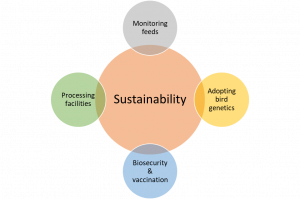
Sustainable chicken farming refers to the practices involved in regulating and maintaining the processes of poultry production on the farm in order to benefit the environment and reduce loss and waste through different methods.
What Sustainability Means To Chicken Farmers?
For poultry farmers, sustainability means to ensure proper maintenance of the chicken on their farms, regulating their feed and keeping a strict check and balance on their health and production; as this would guarantee them good revenue in the long run.
It is also very important for poultry farmers all around the globe to reduce environmental degradation while maintaining a healthy growing and breeding atmosphere for the chicken.
To achieve sustainability in today’s advanced era, poultry farmers have realized the utmost importance of adopting digitization that would ensure efficiency, as well as effectivity. Implementing new technology as a part of sustainable farming practices is out-and-out inevitable for farmers today, for it makes way for the production of a healthy food product. These technological advancements include:
- Installing solar panels
- Recycling poultry litter as fertilizer
- Monitoring ammonia levels in the houses
- Using nipple watering system to save water
- Recycling water through tunnel fans and cooling pads
Environmental Impact Of Chicken Farming
‘The annual consumption of chicken meat per capita in the United States more than doubled between 1965 and 2012, going from 33.7 pounds to 81.8 pounds, based on U.S. Department of Agriculture data.’ – Marie-Luise Blue
Factory chicken farming includes
- Huge numbers of chickens in small areas
- Feces and manure production
- Sick and dead animals
- Microbial pathogens
- Feed additives
All of this under one roof negatively impacts the environment. This affects the most essential elements of life, i.e. water, air and soil that takes a toll on the human health.
- Fish and Wildlife: The huge amount fecal waste, dead chicken components, feathers and bedding in chicken farming is difficult to manage as compost and are hence discharged in river streams. This leads to Algae Blooms in fresh water which, in turn, cause eutrophication. This causes diseases and even death to the fish and wildlife.
- Water: Chicken manure and waste in run-off into groundwater, which is a source of drinking water. This results in the growth of pathogens that threatens human and animal health both.
- Air: Largescale chicken farming practices results in the release of toxic chemicals and microorganisms that cause various airborne diseases in humans.
Soil: Chicken manure, when used for agricultural purposes, leads to a very good growth of plants and crops as it provides all the necessary nutrients they require. But over fertilization may also harm them and also lead to contaminated run-off. Chicken droppings and manure also contains a cecal worm larvae that can cause blackhead disease.
Is Organic Chicken Farming Profitable?
| NON-ORGANIC CHICKEN | ORGANIC CHICKEN |
|
Genetics |
|
| Sourced from poultry farms that have not been supplied with organic feed. | Sourced from hatcheries that have been supplied with organic feed. |
|
Chicken Quantity |
|
| Chicken in high quantities are placed close together to minimize costs. | Adequate space is ensured to boost chicken welfare. |
|
Health |
|
| Chances of these chickens catching diseases and illness is high. | Chances of these chickens catching diseases and illness is low. |
|
Use of Antibiotics |
|
| Farmers use antibiotics primarily for prevention of diseases in chicks. These have grave health consequences. | Provided the perfect environment to prevent overcrowding. This leads to lesser chances of disease. |
|
Feed |
|
| Feed is from non-organic sources. | Feed is from organic sources. |
Small Farm:
For a small farm, organic chicken farming may prove rather profitable. It is both environmentally sound and animal friendly.
When practiced on a small scale, the benefits of organic farming are:
- Day old chicks can be grown into roosters in a matter of weeks, and one can even do more than one batch of chickens a year. This guarantees a quick return of investment.
- A good number of chickens can be raised on a small space of land; even on pastures. A batch of 100 birds can easily be kept in ¼ acre of land.
- A farmer only needs to dedicate 20 minutes each day to his chickens and utilize the rest of the time to do other activities on the farm.
- Organic chicken can be charged a heavy price in the market, which leaves the farmers with a very good profit margin.
- Organic chicken is tastier and healthier for its consumers.
Large Farms:
Farms built on a larger scale are more focused on the health and sustainability of their birds, with the goal of minimizing losses by getting at least 95% of their poultry successfully to the market.
This is why it is more focused on providing proper care to its birds by
- Giving them a warm environment
- Keeping them nice and dry
- Providing them adequate nourishment
Installation of coops and electric mesh for the safety of big birds on the pastures also dramatically improves the quality of the farm fields.
‘If you are successful in this, you can achieve a profit of 60% to 70% on each batch you do. If you live in an area with enough snow-free days, you could raise three batches each year. This could potentially give you a 200% return (3 x 70%) on your initial investment.’ – Team New Terra
Hence, data proves that organic farming indeed doubles the profit for a poultry farmer for all the facilities it provides and the commendable quality of meat it takes to the consumer’s table.
What Are The Problems That Poultry Farmers Face?
As discussed above, it is clear that poultry farming is no clear sea. Raising chickens on the farm may have plenty of benefits, the fact that it also comes with a handful of disadvantages is no secret.
A few of the many challenges poultry farmers face every day are listed below:
- Maintaining poultry immunity
- Maintaining a healthy breeding environment
- Ensuring proper, healthy and organic feed to farm birds
- Emergence and re-emergence of diseases
- Treatment of diagnosed diseases in poultry
- Product quality and safety
- Movement of poultry and poultry products
- Eradication/control of pathogens
- Limiting contamination caused by poultry farming
- Public health hazards from consuming contaminated/high antibiotic injected poultry
How Can Digitization Aid In Ensuring Better Sustainable Chicken Farming?
In this modern era of digitization and automation, technology has, no doubt, infiltrated the roots of the world of agriculture and farming altogether. Data has made everything easier and accessible.
‘Information from poultry farms is being used to supervise weight, monitor feed efficiency and forecast production capacity. All these factors ultimately help protect and improve chicken health.’ – Aqai
The biggest benefit digitization gives to poultry farmers is the massive quantum of money they save through the incorporation of Artificial Intelligence. It brings all functions of the farms right at their fingertips.
Software systems are just one step ahead into this world of convenience which take poultry farming to a whole other level. They bring in greater facilities than just collecting and analysing data and storing relevant information.
The five major digital technologies that make it easy for farmers to make data-driven decisions and improve efficiency and productivity of their farms are listed below.
- Sensors
These help monitor everyday activities on the farm 24/7 and track any threats with the overall system.
- Internet of Things (IoT)
Gives running information about
- feedstocks and poultry numbers
- weight of poultry
- water consumed.
- Artificial Intelligence
Helps make scientific, accurate and data-driven decisions through data combinations of outcomes and outputs.
- Cloud technology
It eliminates the need for more storage space by storing data on the web for easier access.
Folio3’s Poultry Farm Maintenance Management Software
Along with the above stated technological advancements is Folio3’s AgTech, Poultry Farm Maintenance Management Software which leaves behind the typical ways of poultry farming and introduces new and advanced ways of enhancing productivity.
‘Be it ensuring the birds have access to sufficient food and water or maintaining the environment such as lighting and temperature to suit the birds’ needs, with our poultry farm maintenance management software both broiler and layer farms can digitize and automate every task with ease.’
It provides its users with the following facilities:
FAQs:
Q: How can you sustain the poultry industry?
While farmers may be trying their best to sustain the world of poultry, we, as consumers, have to try to play our part as well. We can do so by supporting our poultry farmers by buying chicken meat from the market and also aid them in adapting to new technological advancements by creating easier, digital solutions to their problems like Folio3 Software Solutions.

